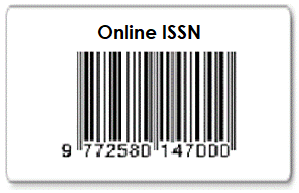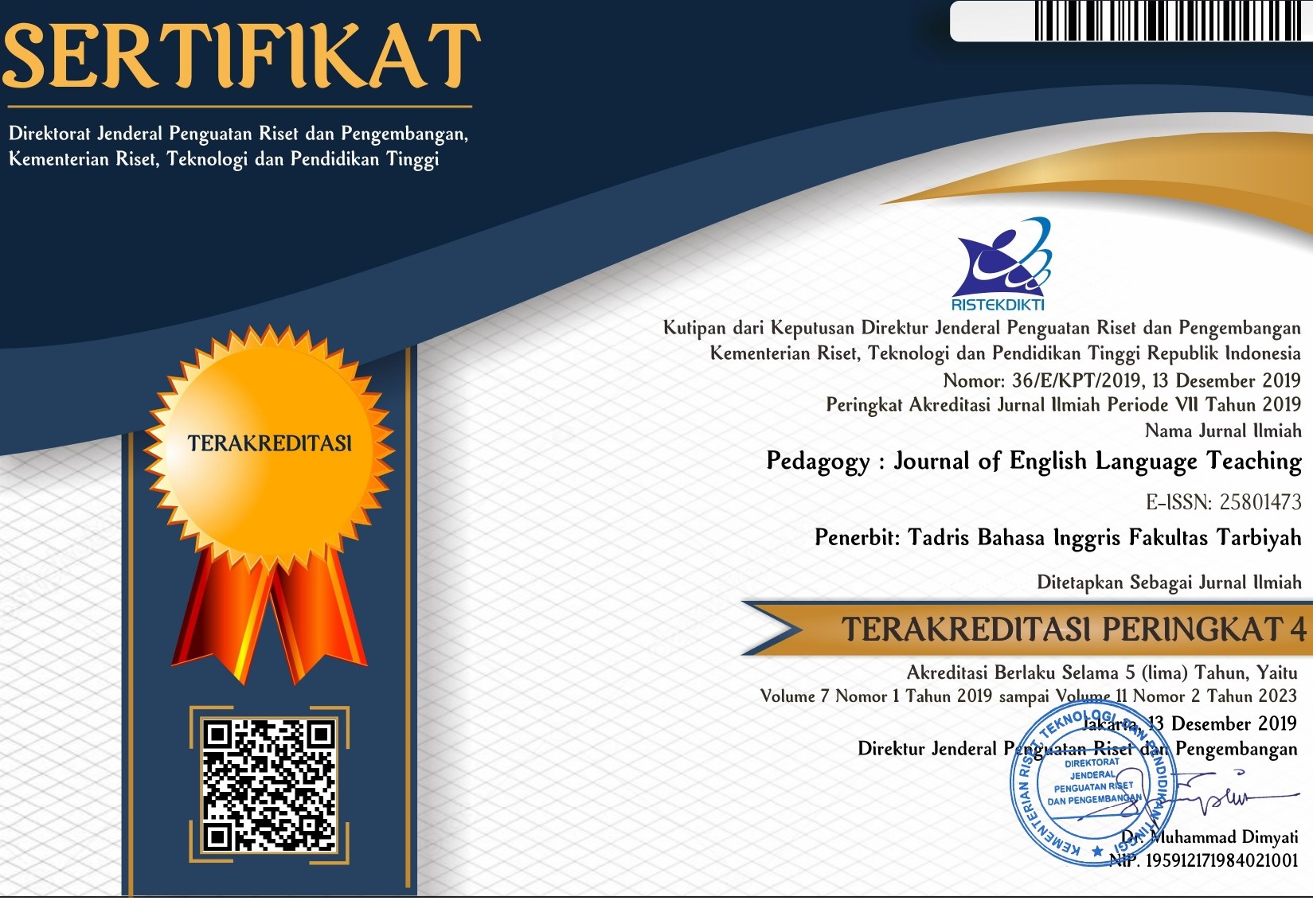Indonesian Young EFL Learners’ Experiences in Learning Environmental Literacy through Digital Storytelling: A Case Study
DOI:
https://doi.org/10.32332/joelt.v11i1.5252Keywords:
digital storytelling, environmental literacy, learning English, meaning-making process, young EFL learnersAbstract
Although studies on the issue of digital storytelling (DST) have been extensively conducted, the adoption of digital storytelling to promote environmental literacy is rarely reported in the literature. This study aims to explore Indonesian young EFL learners’ experiences in the creation of digital storytelling to foster their environmental literacy. Framed in a narrative case study, four young EFL learners, aged 8-12 years old, were recruited to participate. Data were garnered through semi-structured interviews. The data were analyzed employing thematic analysis, i.e., listening to talking data, transcribing interview data, sorting out vignettes, interpreting data, and building data credibility. Study findings showcase that the adoption of DST could encourage young EFL learners’ interest in learning environmental literacy to protect their environment. Furthermore, learning environmental literacy through DST engaged young EFL learners more actively in learning English. The empirical evidence also demonstrates the use of DST creation engaged young EFL learners in learning English, and environmental literacy and helped young EFL learners preserve their environment.
















